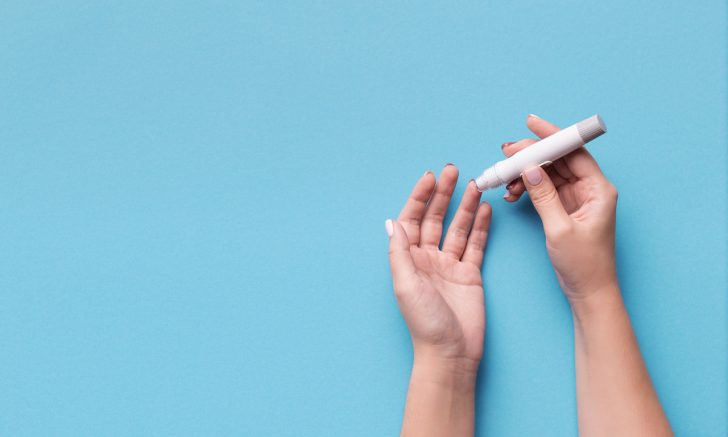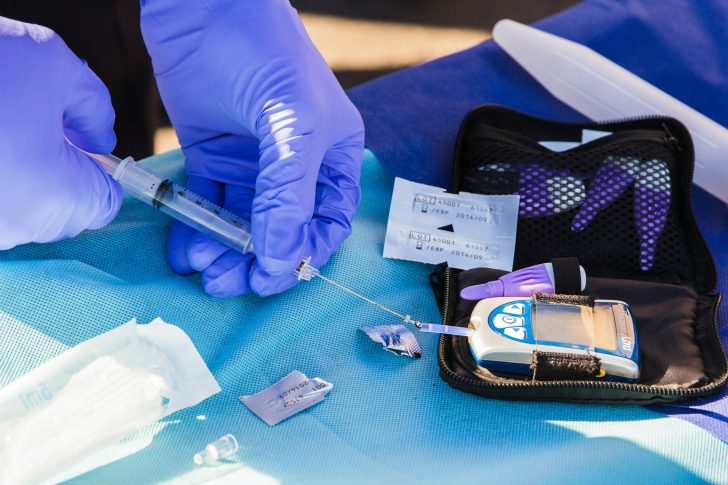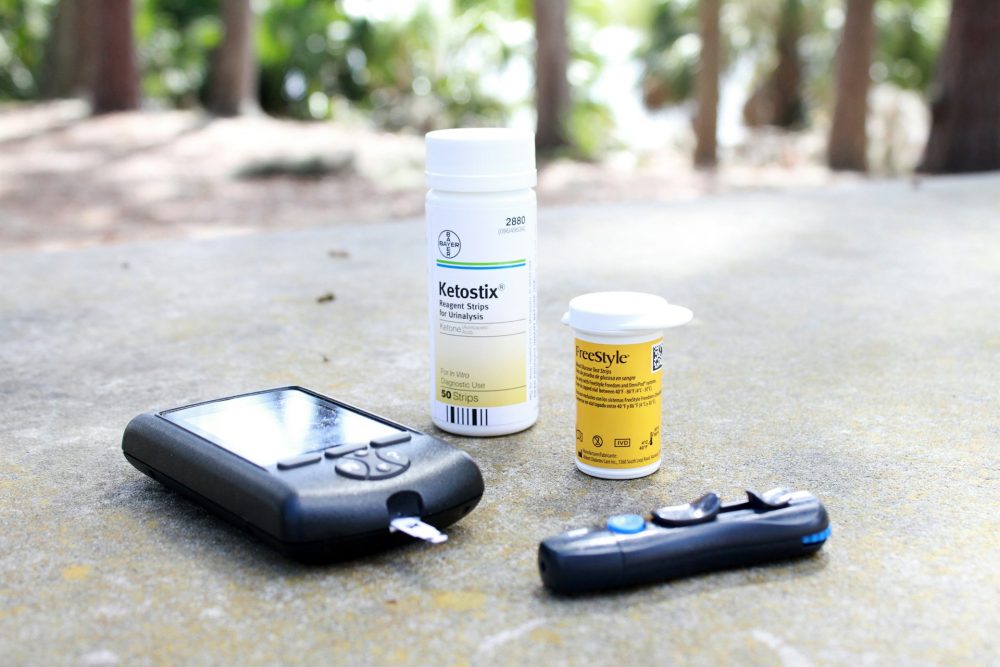Diabetes management is on the brink of a significant transformation, thanks to the pioneering efforts of a Houston-based startup, rBIO. With diabetes affecting millions worldwide, the high cost and accessibility of insulin have become critical barriers.
However, rBIO is set to change the narrative by introducing a groundbreaking method for producing insulin that promises to make this essential medication both affordable and accessible to all.

The Talks / Called ‘Biosimilar,’ this new drug is a copycat version of insulin.
The issue of insulin affordability is not new, but it has reached a critical point in recent years, especially in the United States. The triopoly of Eli Lilly, Novo Nordisk, and Sanofi has long dominated the U.S. insulin market, setting prices that have put life-saving medication out of reach for many. These companies collaborate with pharmacy benefit managers (PBMs) to ensure their insulin products are included in health insurance plans, often at exorbitant prices.
Consequently, this has led to a situation where many diabetes patients are forced to make impossible choices due to the financial burden of their treatment.
rBIO is Leading the Charge for Change
In the face of these challenges, rBIO is emerging as a game-changer. The startup has harnessed the power of biotechnology to develop a biosimilar insulin using custom-engineered bacteria. This innovative process not only promises to drastically reduce the cost of insulin but also to maintain the high efficacy levels required for diabetes management.

Pavel / Pexels / Since a vial of insulin costs $98 on average, more patients cannot afford it. And rBIO’s Biosimilar is aimed to be a cheaper alternative to it.
Cameron Owen, the CEO of rBIO, has been vocal about the potential of their biosimilar insulin to transform the market by providing a more accessible alternative to the expensive options currently available.
The Science Behind the Solution
rBIO's approach to creating biosimilar insulin is both revolutionary and promising. By utilizing custom-made bacteria, the startup is able to produce insulin that is biologically similar to naturally occurring human insulin but at a fraction of the cost.
This process represents a significant departure from traditional methods of insulin production and could be the key to democratizing access to this critical medication. The company has successfully completed laboratory tests of its insulin alternative and is poised to begin trials in 2024. Thus, marking a crucial step towards bringing its product to market.
Trials and Tribulations: A Path Forward
The upcoming clinical trials of rBIO's biosimilar insulin are a pivotal moment for the company and for diabetes patients eagerly awaiting more affordable treatment options. Success in these trials would not only validate the safety and efficacy of rBIO's product. But it will also set the stage for a new era in diabetes care where the focus shifts from profit to patient well-being. The anticipation surrounding these trials reflects the broader community's desire for innovative solutions to the challenges posed by the high cost of insulin.

Matt / Unspalsh / rBIO CEO Cameron Owen suggests that the startup will complete the novel drug’s trial this year.
The implications of rBIO's work extend far beyond the financial benefits. By making insulin more affordable, the startup is addressing a critical aspect of healthcare equity. Diabetes affects individuals indiscriminately, but the ability to manage it should not be determined by economic status.
So, rBIO's initiative is a vital step towards ensuring that everyone who needs insulin can access it. Thus, reducing the disparities in healthcare outcomes related to diabetes management.
Looking Ahead
As we await the outcomes of rBIO's clinical trials, there is a sense of optimism in the air. The potential for a more affordable and accessible insulin solution represents a beacon of hope for millions of diabetes patients worldwide.
However, rBIO's efforts are not just about bringing a new product to the market. They are about reimagining what diabetes care can look like in a world where access to essential medications is not limited by financial barriers.

